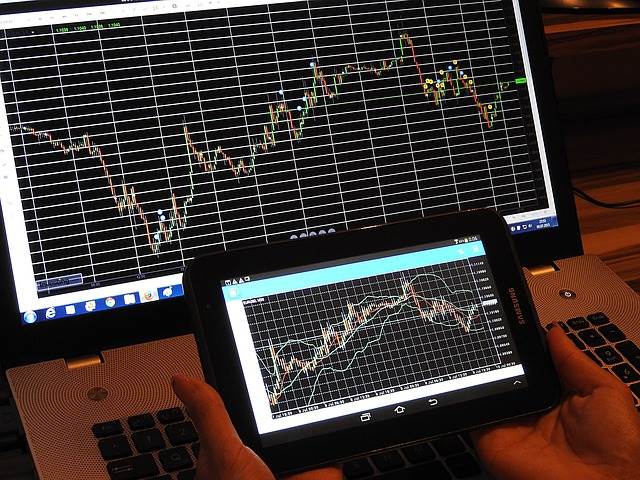 In the world of investing, both brokers and traders agree on one thing: there is a constant need for new and exciting offerings. Traders move from one investment instrument to another when the one they were using becomes either boring or not profitable. And brokers have to step in and fill in the need while at the same time generating fees and commissions so they can maintain their position in the market.
In the world of investing, both brokers and traders agree on one thing: there is a constant need for new and exciting offerings. Traders move from one investment instrument to another when the one they were using becomes either boring or not profitable. And brokers have to step in and fill in the need while at the same time generating fees and commissions so they can maintain their position in the market.
Although foreign exchange has been used by banking institutions and government agencies for decades, Forex trading through an online broker is a relatively new endeavor and over the last decade or so Forex trading has become an extremely popular way for investors to make some quick profits.
But like anything that is novel and exciting at first, the luster of Forex trading is starting to tarnish and maintaining an online brokerage which offers only foreign exchange has become increasingly challenging. So Forex brokers are on a constant search for newer and better options so they can attract new clients while holding on to their existing ones.
There are some excellent Forex brokers in the market today and they are finding upscale technologies that will give them the edge over their competitors. The next new phase, which hasbeen around for some time (since 1990 in the UK) but has remained low key up until now, is the use of CFD (Contract for Difference) trading.
Forex and CFDs are similar in many respects but the main difference is in the breadth of products to choose from. Forex trading is straight currency trading. CFDs covers a wide set of markets and offers a selection of different contracts that vary in increment value and currency type.
Although CFD trading is as risky as straight Forex trading, CFDs offer simple and instantaneous trading. There are usually no fees or commissions with CFDs and they are highly liquid. They are, however, required to maintain a certain amount of margin designated by the brokerage which range from 0.5% to 30%.
Something for Everyone
The easiest way to make share indices and commodities accessible to small retail clients is through making them CFDs. Forex or shares or any other asset can be a CFD or a non-CFD trade.
Many Forex brokers include CFDs in their line-up and there are few brokers where CFDs are their only product. For a broker offering CFDs to stand out from the crowd, it needs to provide at least one unique feature and CFD brokers are scrambling to come up with something distinctive and innovative.
One broker has introduced a feature that will allow a trader to hedge its market exposure on the futures markets in real-time with very high frequency execution.
Another company offers its traders a choice of major indices, including some in the U.S. as well as contracts in gold, silver, oil and other commodities.
Still another broker has introduced no-requotes trading to index CFDs and will waive certain restrictions when placing limit orders and stops close to the market price on indices. Some brokers offer traders new indices created specifically for their traders.
For investors looking to leave Forex altogether, commodities trading is another area that has re-emerged as a good investment option. Investors in the U.S. began trading commodities at the Chicago Mercantile Exchange in 1898 and it has been suggested that rice futures may have been traded in China as long ago as 6,000 years. The popularity of commodity trading seems to depend on how well other investment areas are doing. It's been the last choice by the average investor when all else seems to be puttering out.
The commodity markets have not changed much over the years and at present only certain commodities have made a comeback and only as a result of global forces at play. For those who believe they can foresee the future, betting on oil and gold can bring in some good profits"”or losses.
Commodities are traded separately on commodity markets but can also be traded as CFDs through Forex brokers.
Financial markets are always changing and the attraction of one type of investment wanes as another one gains in popularity. Both brokers and traders alike must constantly stay on the ball if they are to remain ahead of the investment game.

